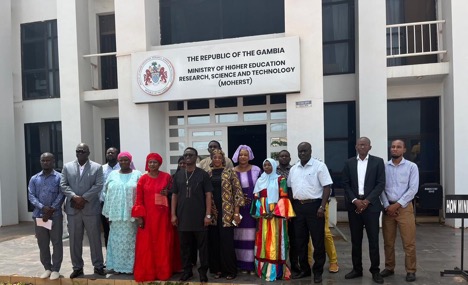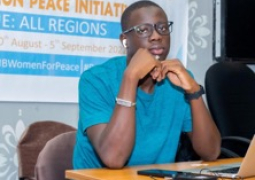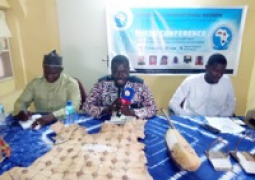
Prof. Pierre Gomez was speaking at a recent presser on the development of a National Strategy for the Increased Participation of the Female Gender in Tertiary and Higher Education held at the MoHERST conference center.
The briefing was organised to discuss the inequality of the female gender in the country’s tertiary educational system compared to the male gender.
It came at a time when the Ministry observed that within the academic system of The Gambia, more of the male gender tends to further their education in the tertiary level than the female gender.
At the event, Emily Sarr, a consultant highlighted the strategies that are put forth in the development of National Strategy for the Female Gender in Tertiary and Higher Education.
She said that The Gambia has pledged allegiance at the global level and to numerous international and regional protocols.
“Despite some of the positive indicators, gender disparities persist in leadership and trust positions; predominantly, males hold roles such as legislators, senior officials and managers, representing 66.2% of such positions. Likewise professional and technical occupations are largely occupied by men, looking at 73.2% leaving women with a share of only 26.8% in these roles. These inequalities observed even though girls generally out-performed boys at the primary or basic education level and they tend to enjoy a longer life expectancy level.” she said.
To that end, she informed that the Ministry of Higher Education, Research, Science and Technology has laid strategies to improve the involvement of women and increased participation of the Female Gender in Tertiary and Higher Education.
For his part, Prof. Pierre Gomez, minister for Higher Education, Research, Science and Technology acknowledged some of the transformational agenda used by his ministry in the successful implementation of Female Gender from the periphery in educational level to the center in both Tertiary and Higher Education, and in leadership roles for sustainable development.
That, Prof. Gomez added, will allow women to be part and parcel of the development process in The Gambia.





